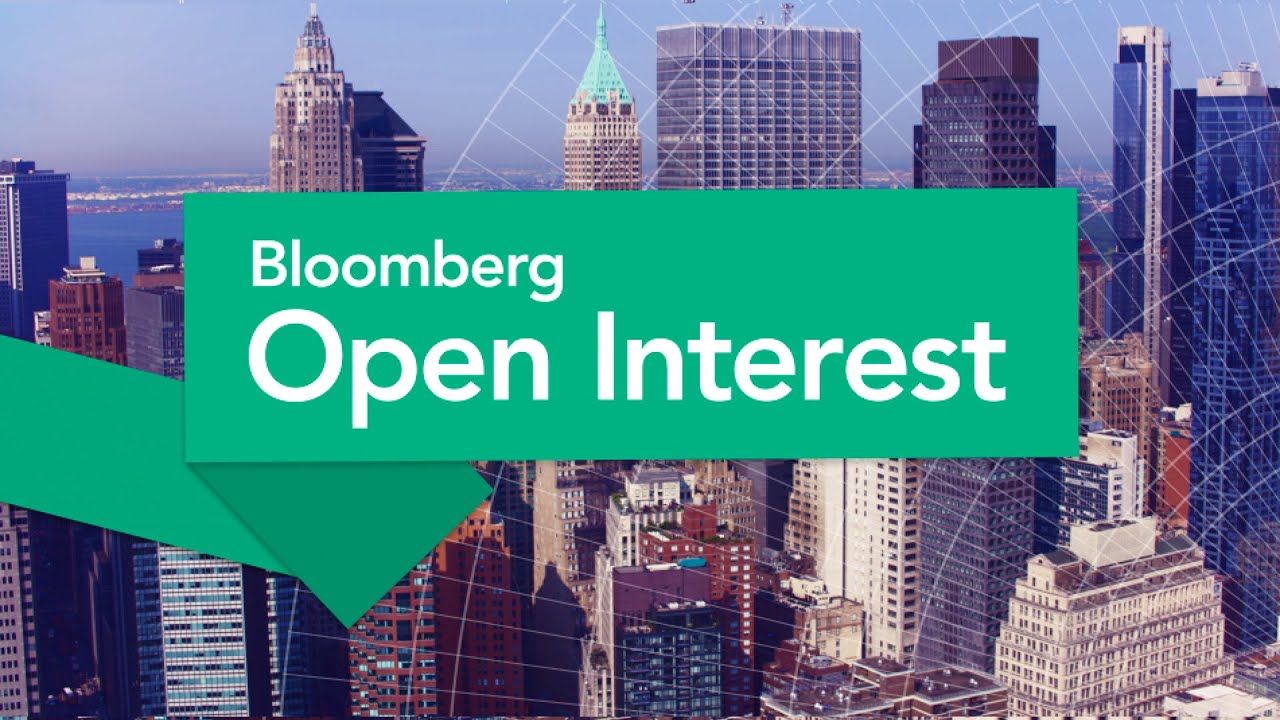Big Tech companies Meta, Microsoft, and Google collectively spent $78 billion on AI last quarter, with mixed market reactions reflecting concerns over spending efficiency and revenue growth, while central banks like the ECB and Federal Reserve maintained cautious monetary policies amid economic uncertainties. The segment also highlighted AI’s transformative impact on labor markets and enterprise software, alongside varied sector-specific developments in retail, automotive, and healthcare shaping the broader economic outlook.
The Bloomberg Open Interest segment opens with a focus on the massive $78 billion capital expenditure by Big Tech giants Meta, Microsoft, and Google in the last quarter alone, primarily driven by their ambitions in artificial intelligence (AI). Despite this heavy spending, Meta’s stock plummeted over 10% as CEO Mark Zuckerberg warned of even higher spending next year without a corresponding revenue acceleration. Microsoft also saw a decline, though less severe, amid concerns about supply constraints rather than demand. In contrast, Alphabet (Google) experienced gains due to strong cloud revenue growth and increased adoption of its Gemini AI product. The segment also touches on the recent trade developments between the U.S. and China, including a tariff truce and eased export controls, though discussions on Blackwell chips were notably absent.
The European Central Bank (ECB) held its interest rates steady at 2%, maintaining a data-dependent approach to future monetary policy amid inflation stabilizing near the 2% target. ECB President Christine Lagarde emphasized the ongoing uncertainties from trade tensions and geopolitical risks but expressed optimism about the Eurozone’s economic resilience, supported by strong labor markets and government spending on infrastructure and defense. The ECB also highlighted the importance of digital innovation, including progressing toward a digital euro, while acknowledging divided views on the timing of future rate moves. Inflation risks remain balanced, with close monitoring of wage growth and supply chain disruptions.
In the U.S., Federal Reserve Chair Jerome Powell cautioned investors not to expect an interest rate cut next month, reflecting ongoing uncertainty in the economic environment. Economists discussed the dual impact of AI on the labor market, noting a current hesitancy to hire due to AI-driven efficiencies but anticipating new types of jobs emerging over the next few years. The conversation drew parallels to past technological shifts, suggesting AI will transform rather than eliminate labor demand, with certain sectors like hospitality remaining less affected by automation. Market strategists advised investors to maintain diversified portfolios, balancing heavy exposure to large-cap tech with other sectors like healthcare and private equity.
The tech earnings season revealed a mixed picture: while Alphabet demonstrated strong revenue growth linked to AI investments, Meta and Microsoft faced skepticism from investors due to their high spending without proportional revenue gains. Meta is raising $25 billion through a bond sale to fund its AI infrastructure, signaling the scale of its investment but also raising concerns about capital efficiency. ServiceNow’s CEO Bill McDermott highlighted how AI is reshaping enterprise software by enhancing productivity and transforming business processes, emphasizing the company’s role in integrating AI across complex legacy systems to improve operational efficiency and customer experience.
Other market movers included Chipotle, which cut its full-year outlook for the third time amid declining customer traffic, and Stellantis, which warned of one-time charges due to political and regulatory pressures. Meanwhile, Starbucks reported its first sales growth since 2023 but saw shares dip as investors scrutinized its turnaround plan. In healthcare, Novo Nordisk’s bid for obesity drug maker Metsera intensified competition in the weight-loss drug market, with Pfizer criticizing the offer as reckless. Overall, the segment underscored the dynamic interplay of AI-driven investment, central bank policies, geopolitical developments, and sector-specific challenges shaping the current economic and market landscape.
